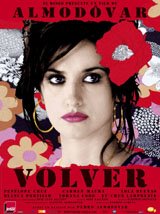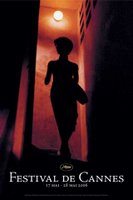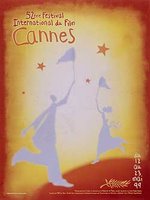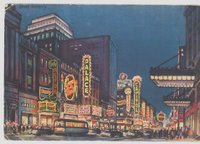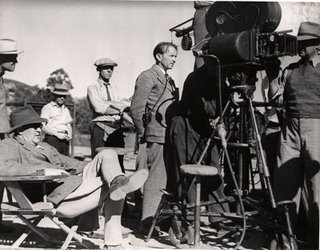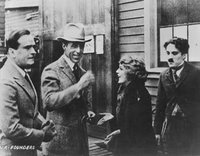This
Cinematical.com post by Erik Davis quickly raised my eyebrows as he began to discuss his "ultimate summer movie going experiences." We are practically the same age and I was wondering how his summer's of cinema would stack up to mine. Well, ultimately, they didn't.
It is amazing, or maybe not so amazing, how we could have such a completely different exposure to the movies throughout the years. Obviously not so amazing, but that is what is so great about the movies. It is our common conversation in this day and age besides politics and religion.
To be influenced by
Adventures in Babysitting at the age of ten is unfathomable to me. In the same genre, I would suggest
Don't Tell Mom the Babysitter's Dead. Christina Applegate was just a much more desirable babysitter at the time. Moreover, to see
Jurassic Park at sixteen without acknowledging the decadence and depravity (use your imagination) that occurred as we watched it at a drive-in while sitting in a friends station wagon is to lose sight of the whole experience.
True Romance was a little more my style at the time.
But, maybe I should explain. I didn't have the typical movie going experience. But, then again who does? I saw
Monty Python's The Meaning of Life at age seven when I was brought along by my mom's bestfriend's husband, his thirteen year-old son, and my dad. I don't think my dad quite knew exactly what he was getting into. I convinced my mom to let me and my younger brother watch
A Nightmare on Elm Street when I was about eleven. I never had a nightmare and went on to watch plenty of horror flicks. I still don't really understand the appeal of the whole horror genre.
By the time I got to
Batman,
Independence Day,
There's Something About Mary, and
Saving Private Ryan, the formulaic terrifying, awe-inspiring cinematic experience was long over. Those films might have been entertaining, but they were mostly just stiff, laughable, full of lame bathroom jokes or trying to convince me that war could be just a "neat learning experience." None of which I bought at the time or thankfully even today.
Anyway, in keeping with the spirit of it all, here are my top 5 ultimate summer movie going experiences from days long gone by:
-
Star Wars: This wasn't just a movie. It was an era. A whole new phenomenon. It defined a large portion of my early childhood. I don't even remember the first time I saw it. But, I remember the whole universe it created, the fantastic action figures, and the Star Wars birthday cakes of my early years.
-
Indiana Jones and the Temple of Doom: This was fun at the movies with a capital f. Raiders of the Lost Ark set everything up perfectly. It was brilliant fun for an eight year old kid. This was life larger than ever. 'Short Round' was just the kind of sidekick you wanted along for the adventure into an exotic realm with a beautiful American singer by your side. From the daring escape from the get-go to the plane crash high in the snow-capped hills to discovering one of the sacred Sankara Stones to riding along on elephants through the jungle, the banquet at the Palace of Pankot to tearing a heart out, the mine-train sequence and the recurrence of the whip vs. pistol gag; this was a great adventure and you never had to leave your seat in the theater.
-
Back To The Future: This brought action and adventure to suburban America. You could've been Marty McFly. Your parents certainly could've been George and Lorraine McFly. All you were missing was ol' Doc Brown. And, maybe the Claudia Wells/Elisabeth Shue character. Maybe, the flux capacitor and a DeLorean too.
-
Ferris Bueller's Day Off: I was in the 4th or 5th grade and it was one helluva fantasy. I was born in Chicago and so I thought this was the way to live. What a great life. I wrote "Save Ferris" on my notebook, but my bestfriend decided to wait until the movie caught on among my classmates.
I think that is about it. I could list number 5 as
Home Alone, but that was more about the circumstances rather than the actual movie. The days of video had truly dawned and I started to catch up on the history of cinema. Luckily, I was exposed to more and more movies from around the world. What an amazing education. I had traveled a good part of the globe, but seeing movies from different places in different ages opened up a whole new perspective on life. This was so much more of an education than any teacher in high school could have ever provided. I wish I would've seen a lot of those later films up on the big screen, but those dreams will have their day.
POSTSCRIPT: If push came to shove and I had to pick a fifth film (since I don't want to leave you with just four), I would have to say
Der Himmel Uber Berlin aka
Wings of Desire. Besides the old great filmmakers, this was my transition toward international cinema. That, and
Cinema Paradiso. There, that is six, satisfied?





